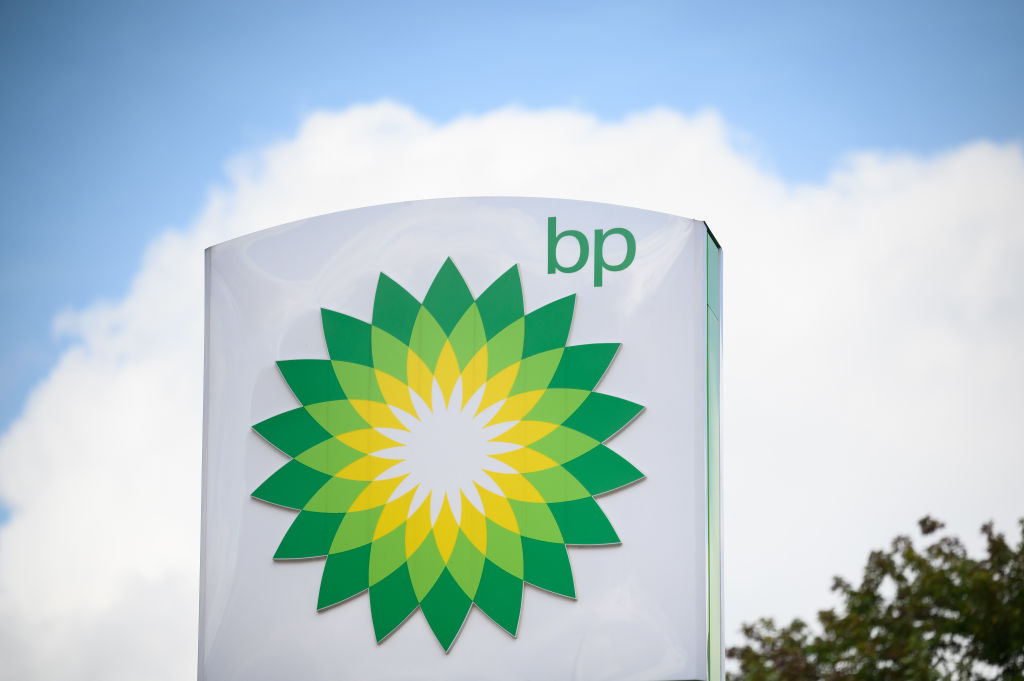Big Oil’s exit from Russia is finally a true confluence between profit and purpose

In November last year, any company with enough money to stamp their name on the top of a letterhead was clamouring to prove they weren’t just in it to make money; they were good people too.
The Cop26 climate change summit offered an opportunity for businesses of all stripes to issue press releases and host stalls to toot their own horn about what they were doing to tackle the crisis facing our globe.
At the same time, the idea of balancing profit and purpose, formalised in the design of B Corporations, came to the fore with a vengeance.
Over the last few days, we have seen businesses genuinely step up to the plate and do what was needed not for financial gain, but because it made sense by some other moral measurement.
BP decided to dump its 19.75 per cent stake in Rosneft and Shell announced they would cut ties with Gazprom and among other divestments, dump its 27.5 per cent stake in Sakhalin-II, a liquefied natural gas facility in Russia.
Shell was frank in their statement, with chief executive Ben van Beurden saying they were acting “with conviction” but winding up the ventures which represented around £3bn in value at the end of last year would not come without “impairments”. In other words, Shell was willing to lose money in order to do the right thing. BP could take as much as a $25bn hit, by some estimates.
Their actions will fortify sanctions from western governments by further isolating the Russian economy.
In the short term at least, shareholders – and that includes pensioners and other people who rely on that investment – will lose out.
At the other end of the capitalism spectrum, the likes of Credit Suisse has been holding a kind of sacrificial burning of evidence linking the Swiss bank to oligarchs and tycoons. Investors were sent a request to “destroy and permanently erase” any documents relations to loans backed by “jets, yachts, real estate and/or financial assets”.
Somewhere in the middle, we have Total, who gave a lukewarm “we won’t do it again” response in deciding to keep its Russian assets but not launch new projects in the country.
The behaviour of BP and Shell will undoubtedly be seized upon as evidence of balancing profit and purpose, of a changing towards “stakeholder capitalism”, where companies look to create a mission of “doing good” as well as creating value for their shareholders – and themselves.
But it is relevant that it was BP and Shell’s moves that are the most impactful; they are two companies previously known for shamelessly plundering the earth’s resources in pursuit of profit. BP, under the stewardship of Bernard Looney, has revived its 2001 rebrand to be “Beyond Petroleum”. The initial exercise was dumped in the wake of the Deepwater Horizon oil spill in the Gulf of Mexico.
The oil companies are likely genuine in their efforts to decarbonise but for BP at least, their investments in oil still dwarf those in renewables: $84bn vs $3.2bn since 2016, according to equity analysts Bernstein. And their efforts to decarbonise will be because a fossil fuel product will simply not continue to be financially lucrative as it once was.
It is also exactly because they have cared so little about amorphous mission statements in the past that their current actions standout. If Ben & Jerry’s, the “peaceful” ice cream brand, were to theoretically announce similar moves it would be unsurprising, notwithstanding the fact Putin could probably survive a shortage of half baked cookie dough ice cream.
There is, of course, a sceptical argument that it does make financial sense too for BP and Shell to take this decision. In swallowing the losses, they protect themselves from calls for a windfall tax in the future. On this, there are a confluence of outcomes between both stakeholder and shareholder capitalism.
Balancing profit and purpose is a delicate dance, one that the likes of Unilever and Danone have faltered on, with the latter’s chief executive being ousted over his excessive focus on purpose by sacrificing profit.
Only by consistently delivering value for shareholders will companies be able to also deliver purpose.
Yes, companies who safeguard themselves against a changing world will be more economically viable in the future, they will also be more attractive to investors who want security in the durability of their interests. It is right that energy companies truly do shift on their axis to become renewable. But none of this can be done without short term profit as well as long-term investment. None of it will be done out of sheer good will.
BP and Shell will face losses as a result of doing the right thing, but they were able to do that because they had insulated themselves with a history of making money for money’s sake.
